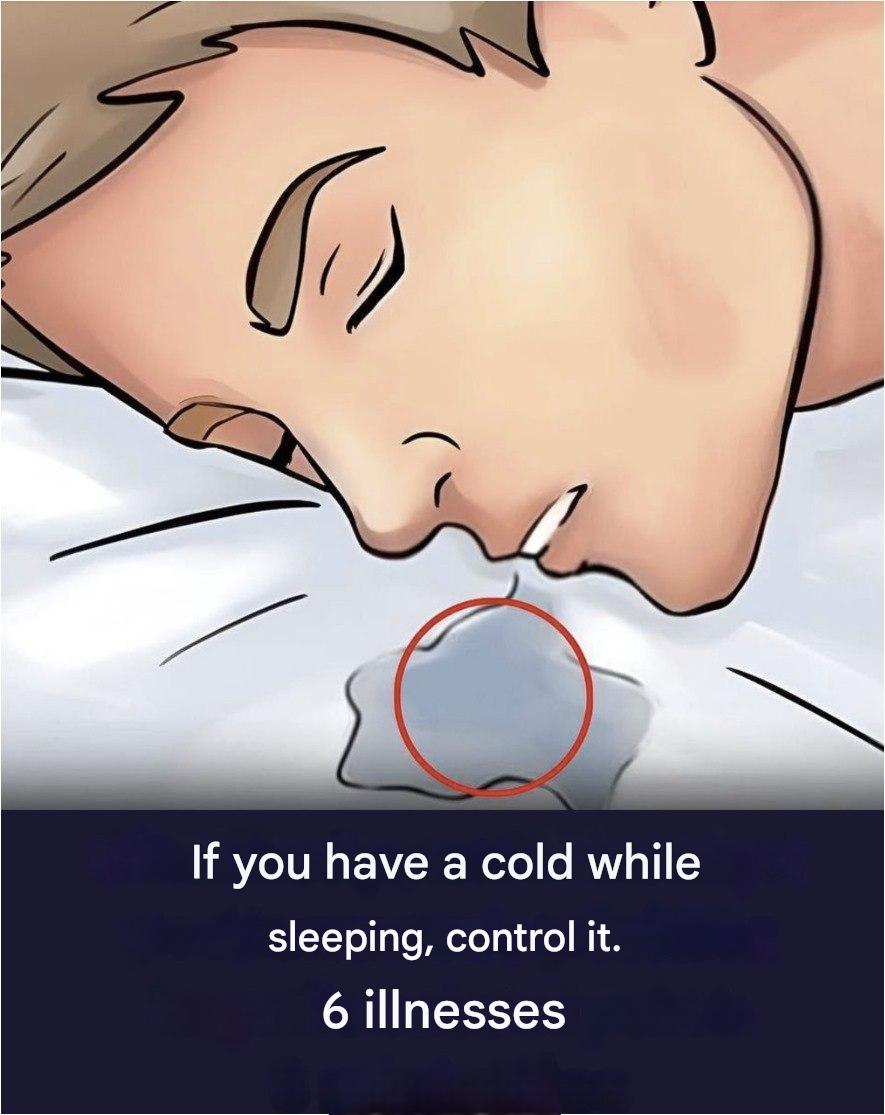Excessive salivation can also be linked to more complex conditions: sleep apnea, gastroesophageal reflux, and even a deviated nasal septum. These conditions promote oral breathing… and therefore salivation. Concomitant symptoms can be a warning sign: snoring, persistent fatigue, or shortness of breath at night. In these cases, it’s advisable to consult a doctor who specializes in sleep disorders. Therapies such as CPAP can bring real improvement.
Teeth, pregnancy, or deficiencies: unexpected factors
Dental conditions (caries, gingivitis), pregnancy (drooling during pregnancy), or vitamin B12 deficiency can also cause excessive salivation. If the problem persists, a simple medical examination can help determine the cause.
Delicate solutions… and other more targeted solutions
Here are some tips to help you enjoy drier nights:
Sleeping on your back: It takes some practice, but the results are quickly visible. Regular hydration, light meals in the evening, and a slice of lemon before bed (be careful of your tooth enamel).
Mouthguards and braces: for bruxism or mild sleep apnea.
Botox or surgery: treatments are rare, but sometimes offered in very specific cases.
When should you consult a doctor?
If drooling becomes bothersome—wet pillow, mouth pain, heartburn, speech or sleep disturbances—a medical visit is essential. A specialist can provide an accurate diagnosis and suggest a solution tailored to your situation.
Sleep is essential… it can also be dry.

